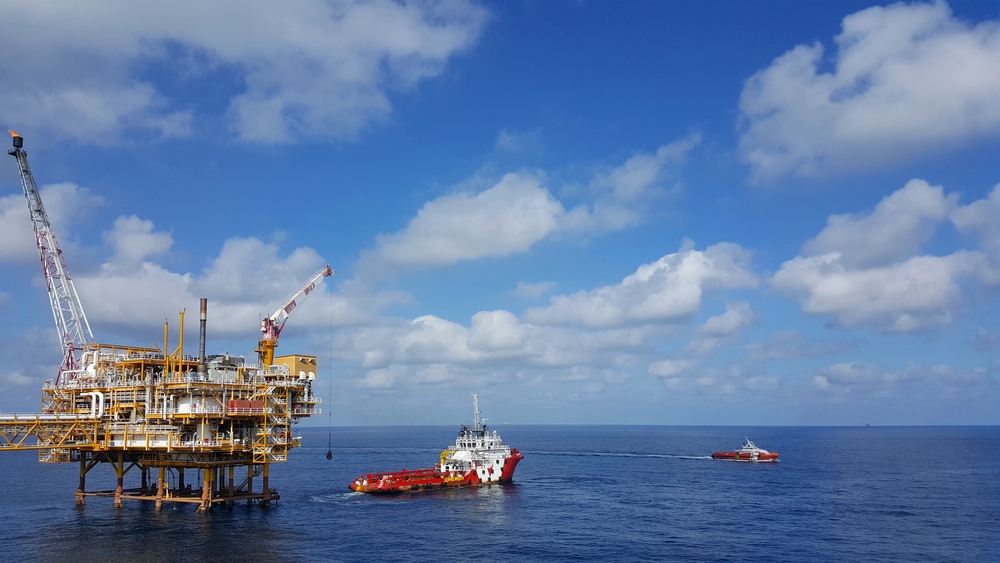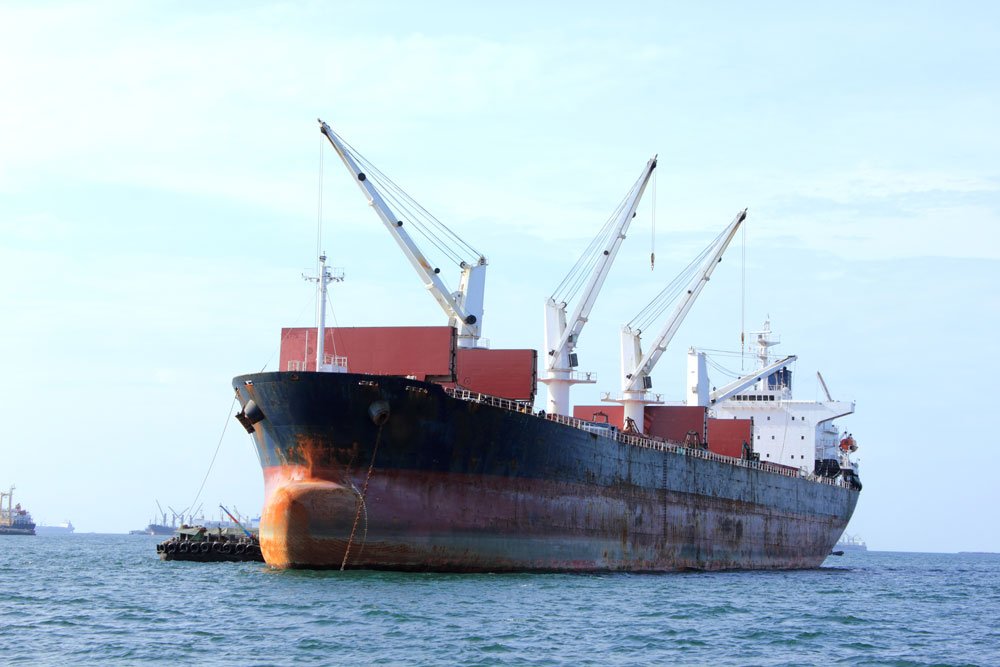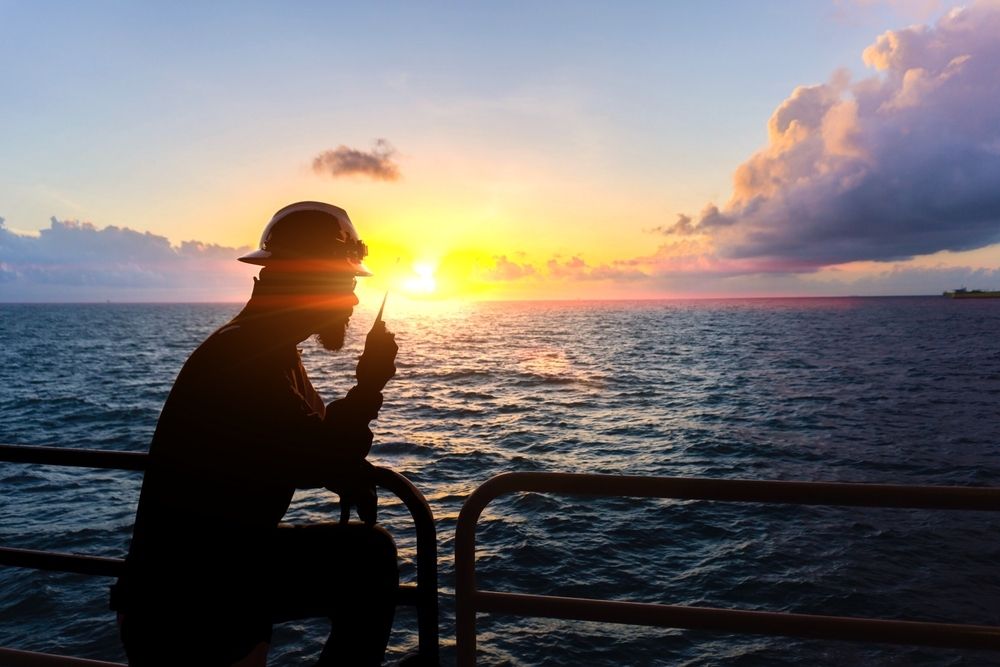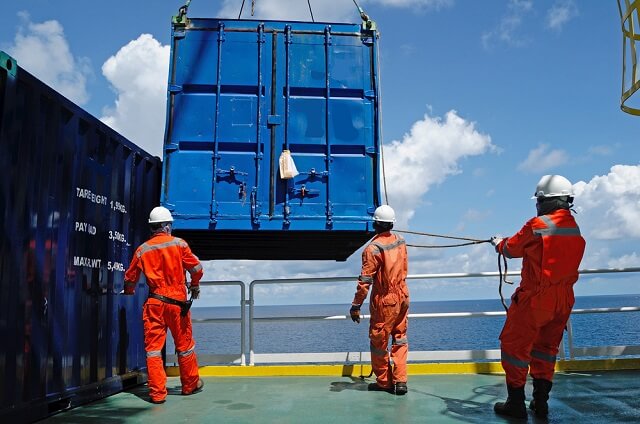Offshore work is one of the most dangerous professions in the country, and workers and their families may not fully realize the risks until it’s too late. Workers have long shifts and often spend days or weeks away from their families, furthering the emotional toll of the job. Offshore workers deal with toxic chemicals, work on elevated surfaces, and handle highly flammable materials. They’re also transported to and from offshore oil rigs by helicopters that can crash. Unsurprisingly, working in the oil and gas industry can lead to maritime accidents. Tragically, offshore accidents can be deadly, leaving workers’ families reeling from the sudden and unexpected loss.
If you’re a family member who has lost a loved one, you may feel overwhelmed as you try to figure out the next steps. You should know that you have legal options to pursue. While nothing will bring your relative back, compensation can make it easier to deal with the financial impact of a family member’s death. There’s more than one way to recover compensation after a loved one’s offshore accident death, and each option has its stipulations. Let’s explore the maritime laws that let you file Louisiana offshore accident lawsuits and how they differ.
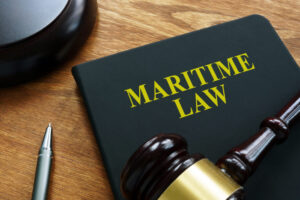
The Jones Act
The Jones Act, also known as the Merchant Marine Act of 1920, is a federal statute dating back over 100 years. Offshore workers’ next-of-kin can bring wrongful death lawsuits under the act after they’re killed in an accident. To qualify under the Jones Act, a worker must be established as a seaman. Not every oil rig crew member is a seaman, so it’s essential to know whether your loved one’s role is eligible. Their injury or death must have taken place onboard a vessel, have an employment relationship with the vessel, and contribute to the function of the vessel.
It can be confusing to determine whether a death took place on a vessel, which is why it’s essential to find an offshore accident attorney experienced with the Jones Act and maritime law. You should know that not every structure in the ocean is considered a vessel — for example, fixed oil platforms don’t usually qualify. The act is specifically designed to address negligence on behalf of an employer or fellow crewmember, so every accident won’t be eligible. Under the Jones Act, family members can recover damages for pain and suffering, medical bills, and the wages the deceased worker would have earned.
Death On The High Seas Act (DOHSA)
The Death on the High Seas Act applies to workers who die in international waters. Accidents must be at least three nautical miles from U.S. shores to qualify under the DOHSA. Damages can be pursued by a deceased person’s spouse, children, or other dependents. The act requires the family to appoint a personal representative who seeks damages for all relatives. This person may be identified in a worker’s will, or the court system may choose them. The act states that they “may maintain a suit for damages in the district courts of the United States.”
How does an offshore fatality qualify for DOHSA? The death must be caused by “wrongful act, neglect, or default.” A family member can file a lawsuit against a negligent vessel owner or employer who could have prevented the death from occurring. While the Jones Act and DOHSA similarly cover seamen who lose their lives while working, the latter isn’t limited to seamen. DOHSA provisions also apply to passengers aboard vessels, workers, and passengers on commercial airlines after an accident. Under DOHSA, family members can recover damages to reimburse for the loss of financial support, funeral expenses, the pain and suffering the deceased worker experienced before death, and other costs associated with the loss.
Finding A Louisiana Maritime Law Attorney
Under the Jones Act, family members have three years to file claims. The Death on the High Seas Act also has a statute of limitations of three years. Finding an attorney skilled in maritime law as soon as possible after an accident is essential. The Jones Act and DOHSA have provisions that can be confusing to figure out on your own, and a lawyer can help you understand these complex laws. Additionally, they can help fight the oil companies that may pressure you into a lowball settlement and refuse to offer the compensation you need.
A lawyer can help negotiate your claim and represent you in court. Herman Herman Katz is here to assist you in any way we can. Losing a loved one in an offshore accident is a tragedy, but you don’t have to navigate the aftermath alone. Our attorneys are highly knowledgeable about the Jones Act and the Death on the High Seas Act and will handle your wrongful death claim with care. Call us at 844-943-7626 or fill out our free case review form.
Free Case Evaluation
More About HHK
Other Offshore-Maritime Accidents News
Offshore oil workers hold one of the most dangerous job […]
Offshore workers perform some of the most dangerous jobs in […]
At the gas pump, you’re probably focused on how much […]
Regardless of the type of job, offshore workers generally face […]
New Orleans, LA Maritime Injury Lawyer What you do (or […]
Legal Experience for Offshore Accidents and Injuries in New Orleans […]


